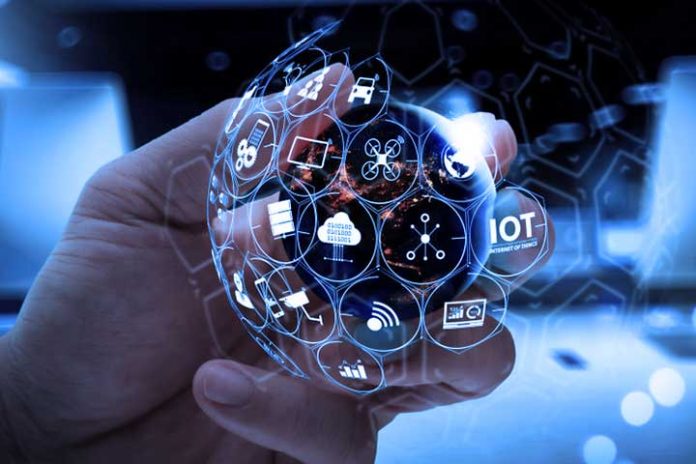The progress of digitization is transforming the way we learn, work and enjoy leisure time through an increasingly connected, distributed and intelligent technological ecosystem. The coming years will see significant advances in computing, networking, and global communications to elevate digital capabilities to multiple levels.
Society is changing with digital progress. In 2022, people and organizations will use various digital services that provide real-time information, next-generation communications, collaboration platforms, and endless applications focused on varied uses. The digital world is developing at a frantic pace. The next few years will see significant advances in computing, networking and communications that will extend digital capabilities to a new level. Experts from the technology firm Cisco have drawn up a list of the six emerging technologies they consider the most noteworthy for the coming years.
Processing at the edge of the network
The digital architecture of companies and service providers is changing from traditional centralism to greater diversification and offshoring, providing services and applications beyond core IT. This generates a flood of data from business-to-business, machine-to-machine, and customer-to-organization communications that businesses want to use to provide predictive insights. Companies are looking for technologies that enable end-to-end processing of this data to achieve this. In the coming years, they will accelerate the integration of capabilities such as machine learning to accomplish this.
More ethical and responsible artificial intelligence
As artificial intelligence technologies have been applied to data processing, a series of problems have emerged that reduces confidence in algorithms, mainly the bias inherent in the traditional programming of these applications. For this reason, data scientists, regulators and companies themselves are demanding a more ethical and responsible AI.
This will enable near real-time, intelligent information processing that considers issues such as privacy, data sovereignty and regulatory compliance. And for this, in the coming years, developers will work more on an AI that is more ethical and responsible throughout its entire life cycle, from design to development and deployment.
Enhanced digital services with increased and integrated connections
Thanks to the Internet, digital services are more accessible, affordable and global, and networks are diversifying to extend fixed and mobile broadband communications to all corners of the globe. The need to provide reliable and seamless services anytime, anywhere drives the communications industry to embed AI-augmented capabilities into networks and further integration between the different technologies that provide Internet access. For this reason, in the future, greater integration of traditional fixed networks with cellular connections, Wi-Fi and with new communication services through low-orbiting satellites (LEO) will be sought, laying the foundations for a true global metaverse.
Internet revolution with quantum computing and security
New quantum technologies promise to revolutionize computing and security. Still, they will also bring about significant changes to the Internet network itself, as the vast capabilities of quantum computing require networks to match in terms of bandwidth and latency. This will force telecommunications and interconnection operators to reinvent their systems and fibre networks to build an evolved Internet, one that is capable of supporting quantum data flows and quantum cybersecurity that will come with the expansion of these technologies. It takes time for the new quantum science to become the norm, but little by little, progress will be seen in this direction, which will be reflected in the Internet’s architecture.
Communications based on immersive technologies
With the progress they have experienced in recent years, today’s immersive technologies have great potential to transform communications, collaboration tools, training and many other environments. Cisco experts believe that it will become more common to hold remote meetings using holographic technology in the coming years, with much greater realism than current avatars. And they point out that collaboration tools will take advantage of real-time 3D photorealism capabilities to share both physical and digital content, to which will be added automatically activated artificial intelligence capabilities.
Cisco experts conclude this report by saying that “emerging technologies will extend the digital models that are a reality today, from applications and telemedicine to hybrid work and the evolution of the metaverse.” But they believe that “this accelerated pace of innovation also requires acting in an ethical, sustainable and inclusive manner, with solutions that consume less energy, are accessible to all and guarantee security and privacy”.


